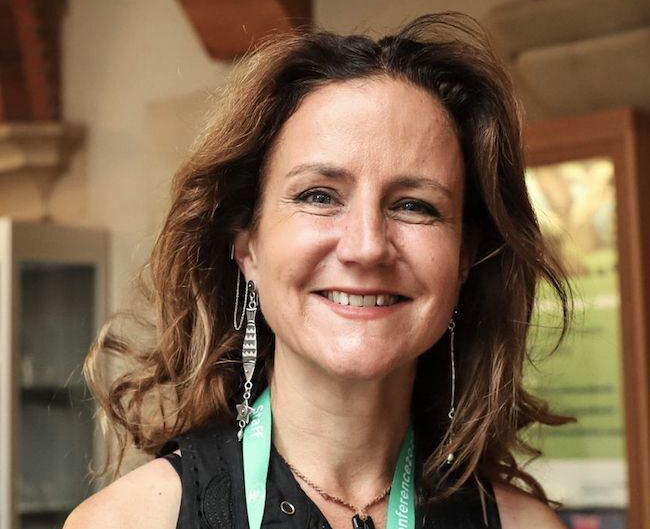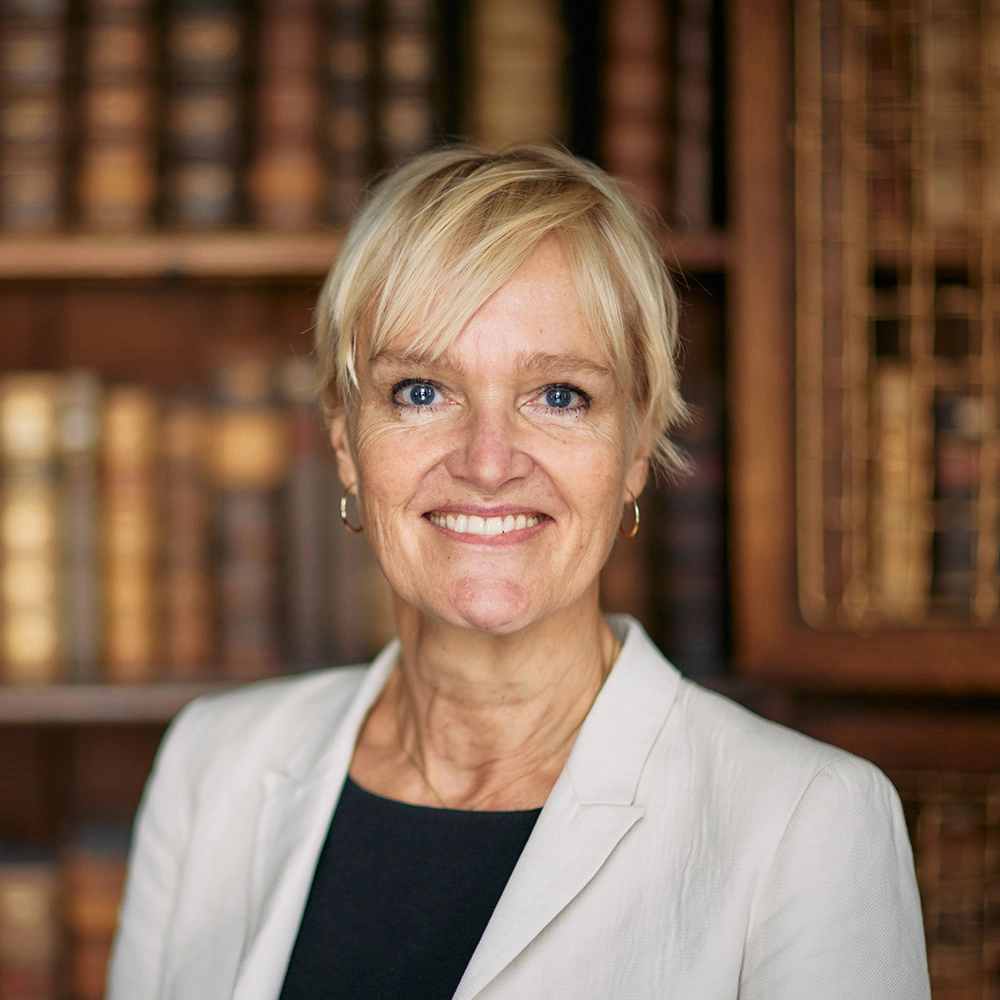Leading UK scientists urge Prime Minister to place nature at the centre of economic and climate policy

On 9 June 2025, a group of over 35 senior UK academics, coordinated by NbSI Director, Nathalie Seddon—drawn from ecology, economics, public health and the social sciences—delivered an open letter to the Prime Minister.
The signatories, many of whom sit on national advisory bodies and international science panels, set out the latest peer-reviewed evidence on why protecting and restoring nature is essential for UK prosperity, security and global leadership as the world heads towards COP 30 (Belém, November 2025).
The core messages of the letter were:
Nature already underpins the economy.
Latest Office for National Statistics data show ecosystem services worth £44 billion per year to England and an overall UK natural-capital asset value of roughly £1.8 trillion.
Investing in ecosystems pays back.
Natural flood-management can produce high benefit-cost ratios, while peatland restoration can deliver net climate gains five to ten times greater than its cost.
Current trajectories are risky.
Unchecked climate impacts could reduce UK GDP by up to 7 % by 2050, while one-quarter of all properties could be in areas of flood risk without further adaptation.
Public support is strong.
Recommendations echo the 2023 People’s Plan for Nature citizens’ assembly, which called for an end to harmful subsidies and wider access to greenspace.
The letter proposes five near-term actions, including championing a high-level declaration on biodiversity and deforestation-free supply chains at COP 30, updating the Treasury’s Green Book to reflect nature-related risks, and accelerating nature-friendly farming within the forthcoming Land-Use Framework.
Nathalie Seddon, Professor of Biodiversity and Director of the Nature-based Solutions Initiative, University of Oxford, commented: "The science is clear that protecting and restoring forests, wetlands, and urban green spaces are among the most cost-effective approaches to reducing emissions, mitigating extreme weather, and improving people’s lives. By placing nature at the centre of its growth strategy in the run-up to COP 30, the UK can demonstrate that prosperity and ecological integrity are not competing goals but mutually reinforcing ones.”
Mette Morsing, Professor of Business Sustainability and Director, Smith School of Enterprise and the Environment, University of Oxford, commented: "We must not only reach net-zero emissions by 2050; we must do so on a liveable planet. It is time for the UK government to lead again on the global stage and put nature at the centre of decision-making – not just because it underpins our prosperity, but because it is priceless to us, our children, future generations, and every aspect of a good life on Earth.”
Elizabeth Robinson, Professor of Environmental Economics, Grantham Research Institute, London School of Economics, commented: “Natural capital is not a ‘nice-to-have’—it is a £1.8 trillion national asset on which our economy quietly depends every day. Updating the Green Book and Bank of England stress-tests to reflect nature-related risks is essential fiscal prudence. The sooner we align investment with ecosystem health, the lower the costs of future shocks and the greater the dividend for growth.”
Harriet Bulkeley OBE FBA, Professor of Geography, Durham University, commented: “When investments in nature target the estates and high streets that have been ‘left behind’, they can also tackle inequality, lowering energy bills, improving health and giving communities a tangible stake in a fairer, low-carbon future. The letter’s proposed ‘Nature for Communities’ programme is exactly the kind of practical leadership Britain needs if it is to build trust and resilience where it matters most.”


